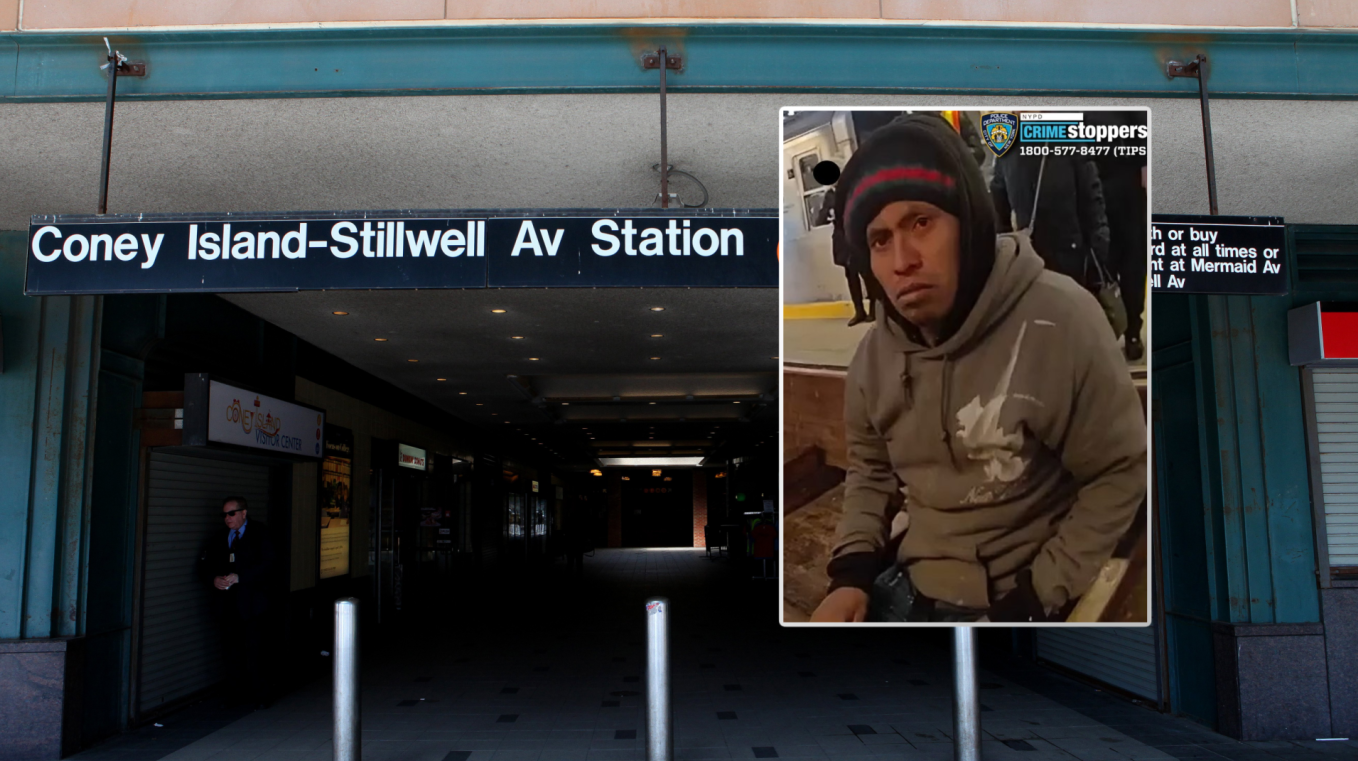New Jersey's Office of Homeland Security and Preparedness has unveiled a new disinformation portal designed to help people identify truth-obscuring, manufactured information -- from deepfakes to altered videos and text and the groups behind them.
The portal answers frequently asked questions around what the agency calls "disinformation," which it says people try to spread to sow discord within New Jersey and elsewhere. Not only can that exhaust resources and incite panic, it can entrench distrust between the government and the public, fuel extremism and cause danger.
It will also look at tactics, techniques and procedures -- sometimes called "psychological operations" in an effort to address the "onslaught of activity" from groups who have sought to spread disinformation to fuel local and national unrest.
"Disinformation can have an insidious impact on the overall threat landscape," NJOHSP Director Laurie Doran said. "In an age where the public has become increasingly dependent on online forums and social media platforms to stay informed, we all have a higher responsibility to scrutinize the information we’re consuming."
Get Tri-state area news delivered to your inbox.> Sign up for NBC New York's News Headlines newsletter.
“The reality is no one platform or agency has the manpower or means to track and dispel the amount of disinformation being circulated," added NJOHSP Deputy Director Eric Tysarczyk. "With this portal, we’re now equipping the public with the tools needed to decipher the information for themselves."
In addition to a checklist for screening information, the portal provides intelligence reports highlighting disinformation trends currently circulating and tips for spotting deepfakes, synthetic media that employs artificial intelligence to generate realistic-looking video, images and audio.
Local
It comes as cyber security concerns are real and growing, now ranked as a high threat in New Jersey for the first time after multiple hacks nationwide last year. The state's recently confirmed Homeland Security Director Laurie Doran, the first woman to hold that position in state history, told NBC New York that companies need to respond to hackers before they strike.
"Don’t make it easy for them to get in there. and just keep up to date and if you're not sure, keep asking what else more can you do," Doran said.
Cyber security now joins homegrown violent extremists and white racially motivated extremists as the state's high-level threats.
If you encounter information that contains a threat or a call to action, incites potential violence or appears to have a nexus to terrorism, New Jersey asks that you report it immediately to local law enforcement or NJOHSP’s Counterterrorism Watch by contacting 1-866-4-SAFE-NJ (1-866-472-3365) or emailing tips@njohsp.gov.




